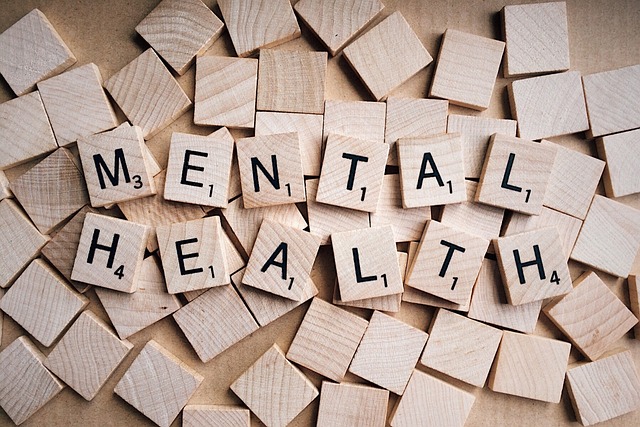Introduction
Nutrition and mental health are two interconnected aspects of our overall well-being. While many of us are aware of the physical benefits of a balanced diet, fewer of us realize how deeply certain foods can influence our mood and cognitive function. In this article, we’ll delve into the relationship between nutrition and mental health, exploring how specific foods can impact your mental state and providing you with practical tips to enhance your diet for better mental health.
Understanding the Connection
The brain is a highly energetic organ, consuming about 20% of the body’s total energy expenditure despite accounting for only 2% of its mass. This high energy demand means that the brain is particularly sensitive to changes in blood sugar levels and nutrient deficiencies. Poor nutrition can lead to a range of mental health issues, from mild irritability to severe conditions like depression and anxiety.
Key Nutrients for Mental Health
- Omega-3 Fatty Acids
Omega-3 fatty acids, particularly EPA and DHA, are crucial for brain function. These essential fatty acids support the health of brain cells and can help reduce symptoms of depression and anxiety. Find them in fatty fish like salmon, sardines, and mackerel, as well as in flaxseeds and walnuts. - Vitamin D
Vitamin D is often referred to as the “sunshine vitamin” because it’s produced in the skin upon exposure to sunlight. This vitamin plays a significant role in mood regulation and has been linked to reduced symptoms of depression. - B Vitamins
B vitamins, especially B6, B9 (folate), and B12, are essential for neurotransmitter synthesis. Neurotransmitters like serotonin and dopamine help regulate mood. Foods rich in B vitamins include leafy greens, beans, lentils, and whole grains. - Magnesium
Magnesium is a mineral that can help alleviate symptoms of anxiety by promoting relaxation and reducing inflammation. Include magnesium-rich foods like dark leafy greens, nuts, and seeds in your diet. - Complex Carbohydrates
Complex carbohydrates such as whole grains provide sustained energy and can help stabilize blood sugar levels. This stability is crucial for maintaining a stable mood.
Practical Tips for a Balanced Diet
-
Hydration
Adequate hydration is often overlooked but is essential for cognitive function and overall health. Aim to drink at least eight glasses of water per day. -
Meal Frequency
Eating smaller, more frequent meals can help maintain stable blood sugar levels, which is beneficial for mental health. -
Avoid Processed Foods
Processed foods often contain high amounts of sugar, salt, and unhealthy fats that can negatively impact mental health. -
Incorporate Fruits and Vegetables
Fruits and vegetables are rich in essential nutrients like vitamins, minerals, and antioxidants that support brain health. -
Consider Supplements
If you’re struggling to get enough nutrients from your diet alone, consider consulting with a healthcare professional about potential supplements like omega-3 fatty acids or vitamin D.
Conclusion
Nutrition plays a pivotal role in maintaining good mental health. By incorporating nutrient-rich foods into your diet and avoiding processed foods high in unhealthy ingredients, you can significantly improve your mental well-being. Remember that everyone’s nutritional needs are different; it’s always best to consult with a healthcare professional or registered dietitian for personalized advice.
If you want to learn more about nutrition and its impact on various aspects of health, check out our article on “The Importance of Nutrition for Athletes” here.
Yours truly,
Mia Johnson-Carter

